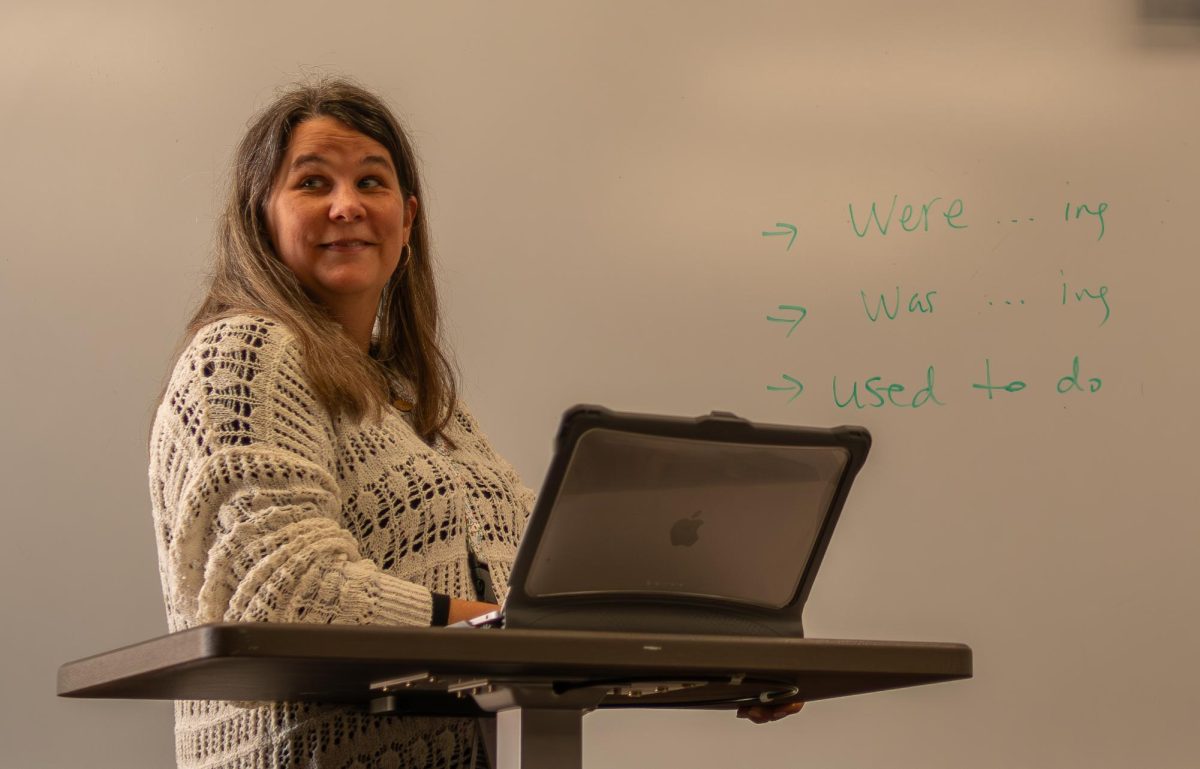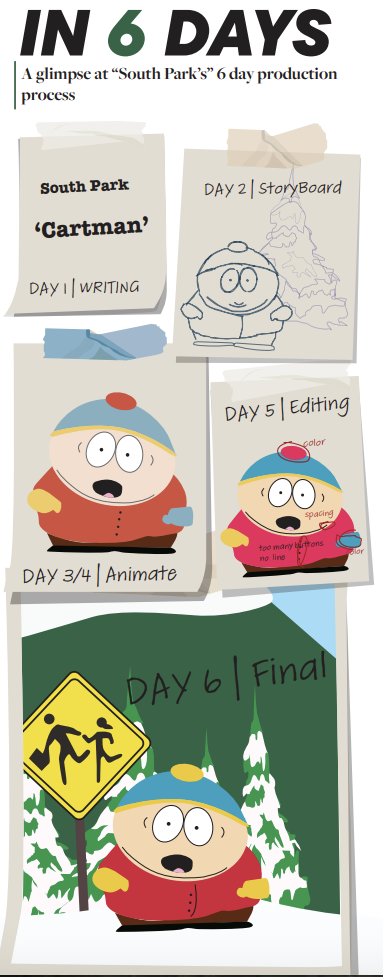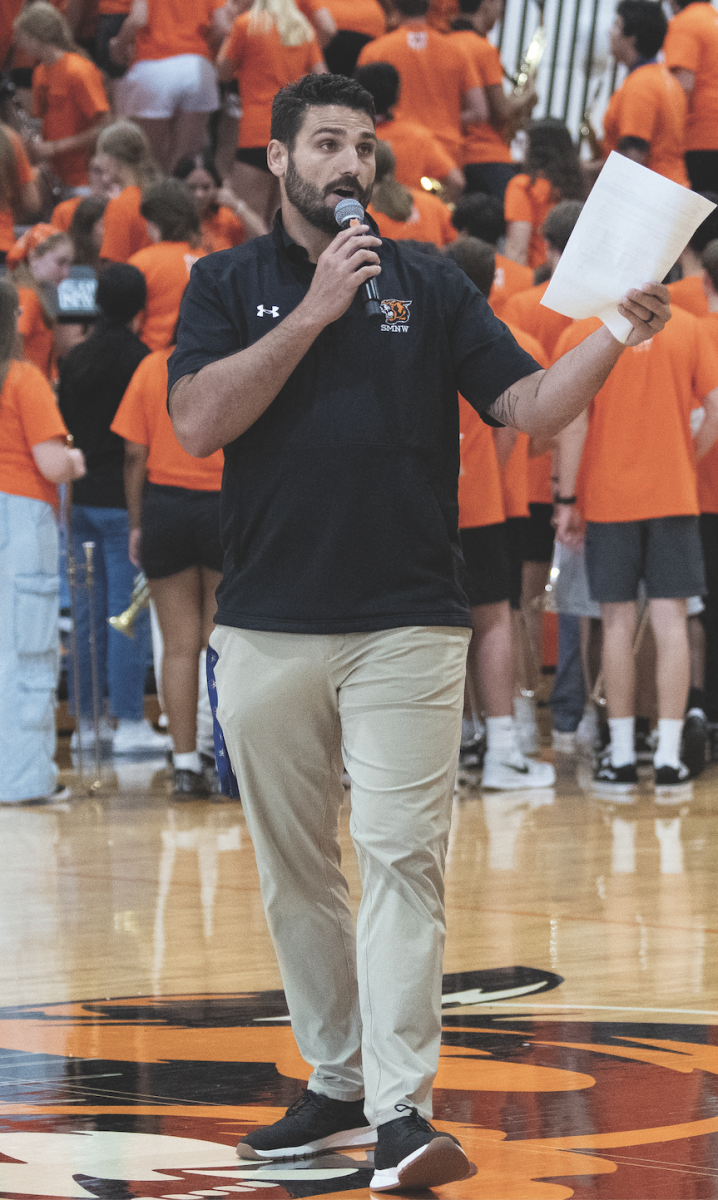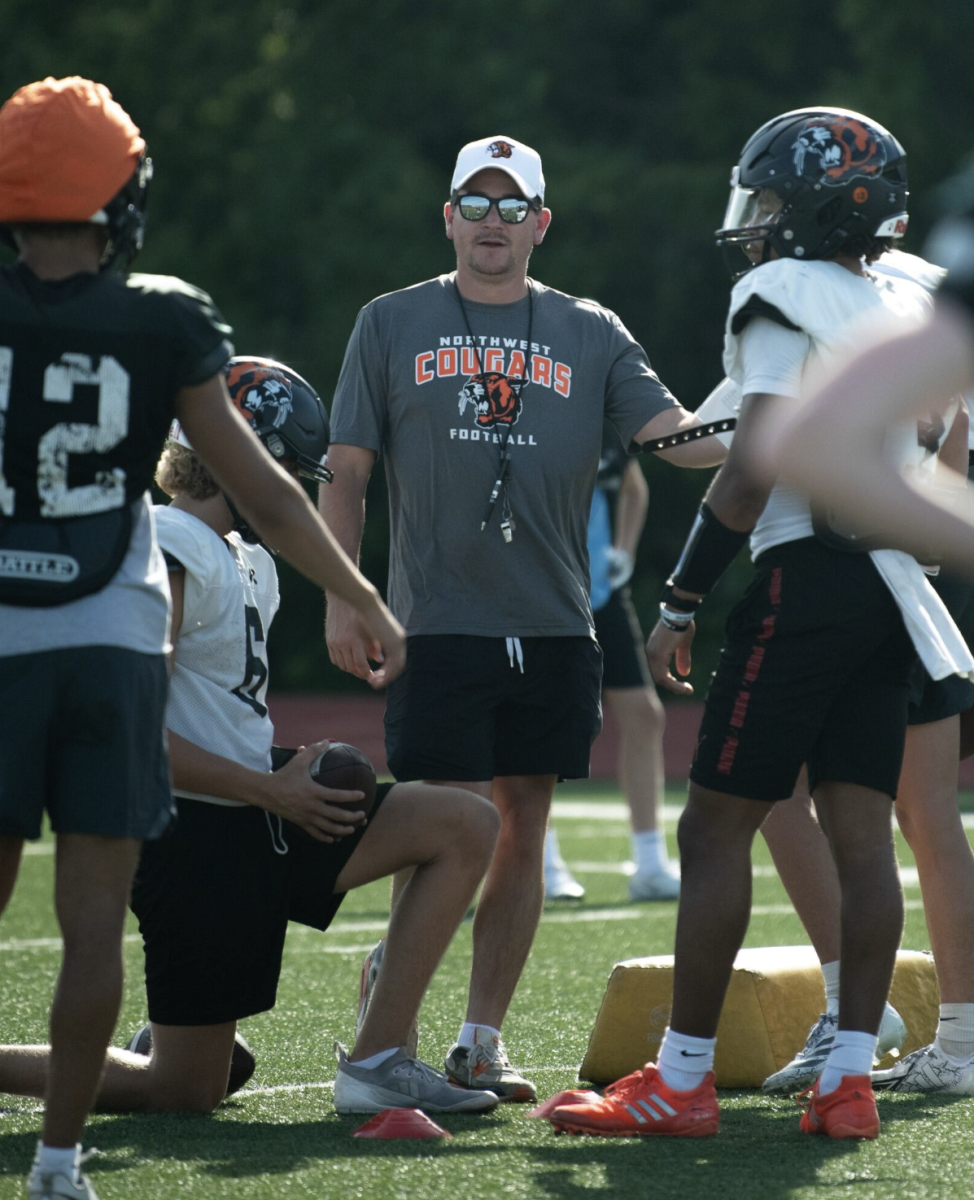Derek Chauvin’s Lawyer Requests a New Trial
Allegations of a mistrial have led Derek Chauvin’s lawyer to request a new trial
May 7, 2021
Information up to date as of May 7, 2021
Former Minneapolis police officer Derek Chauvin was found guilty of three counts of murder last month, however his attorney, Eric Nelson, has requested a new trial.
In a four-page document, Nelson stated that he is requesting a new trial on the grounds of “interest in judgment; abuse of discretion that deprived the Defendant of a fair trial; prosecutorial and jury misconduct; errors of law at trial; and a verdict that is contrary to law.”
Nelson gave the court a four-page document that stated all of the reasons for requesting a new trial.
Chauvin is currently awaiting sentencing, which will not happen until, at the latest, June 25. State sentencing guidelines suggest that Chauvin gets 12.5 years for each charge. If this happens, Chauvin would be in prison for roughly 38 years.
NPR’s Carrie Johnson reports that studies show that only seven police officers have been found guilty of murder since 2005. Johnson says that 1,000+ people die at the hands of police officers every year.
- Judge Peter Cahill failed to change where the venue was held
- The court failed to sequester the jury and have them avoid all media
- The jury failed to accurately reflect the law with respect to the three murder charges + use of force
- The court ordered the State to lead witnesses on direct examination
- The court failed to order that a record be made of the sidebars that occurred during the trial
- A member of the jury went to a rally after the verdict to celebrate Chauvin’s charges
April 21 2021, 12:16 a.m.
Derek Chauvin has been found guilty of all three murder charges. He is facing up to 75 years in prison, and his sentencing will be decided in eight weeks.
Chauvin had been on bail since October; however, Judge Cahill revoked his bail and left Chauvin awaiting sentencing in jail.
Minnesota’s sentencing law recommends 12.5 years for each charge, meaning that Chauvin would likely receive 38 years in prison.
Floyd’s family has spoken publicly about Chauvin’s verdict.
“I’m pleased that I know that change is here, and police are going to start being held accountable,” Floyd’s cousin, Paris Stevens said.
“To me, Emmett Till, he was the first George Floyd,” Floyd’s brother, Philonese Floyd said during a news conference. “It just wasn’t any cameras around. That’s the only thing that changed — the cameras, the technology. It helped open up doors because, without that, my brother just would have been another person on the side of the road left to die.”
After the verdict, many are calling for the Senate to pass a “policing bill” that bans chokeholds and no-knock warrants, creates a duty to intervene, creates a public registry and ends qualified immunity.
Creating a duty to intervene means that when an officer sees another officer using unnecessary force, they are allowed to intervene. Creating a public registry establishes a national police misconduct registry so that if an officer has a history of misconduct, it can always be accessed in court. Ending qualified immunity protects government officials from being held responsible for violations; the officer committing the misconduct would be made accountable, not the department or official. President Biden will address this request next week.
The Justice Department is launching an investigation on the Minneapolis Police Department’s training and practices to ensure something like this does not happen again.






























